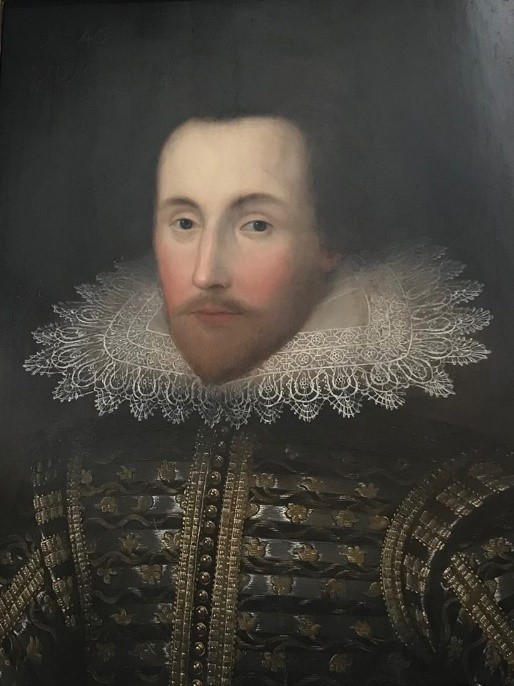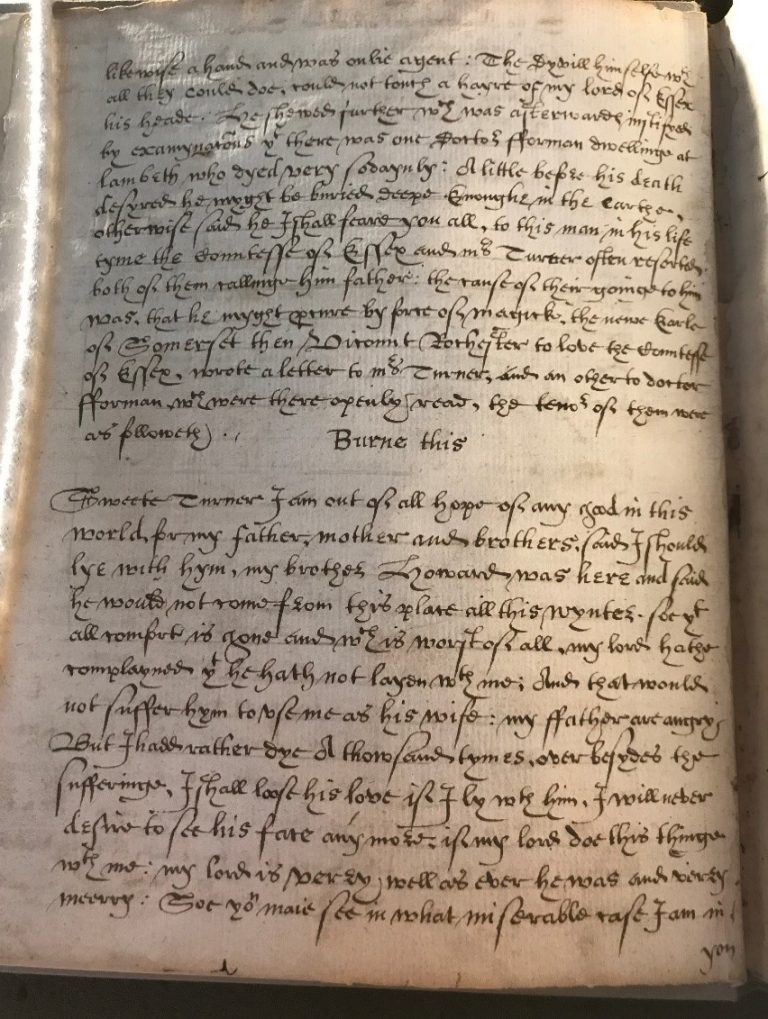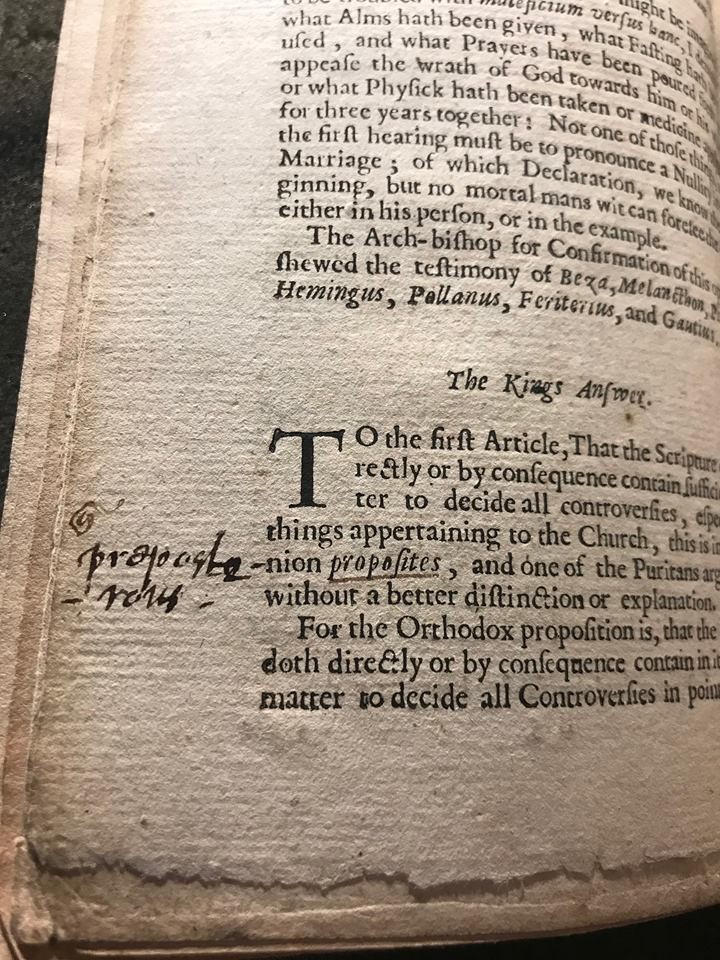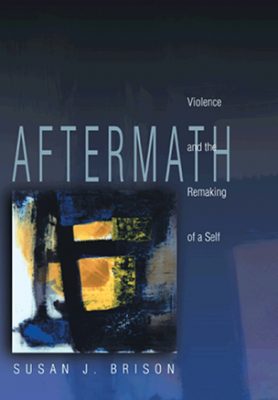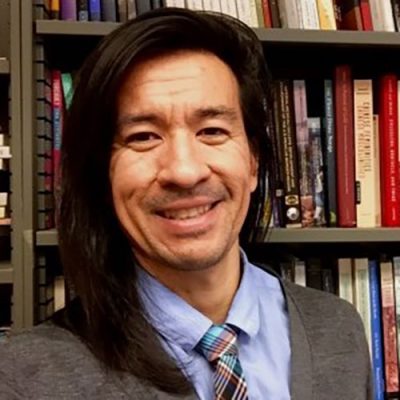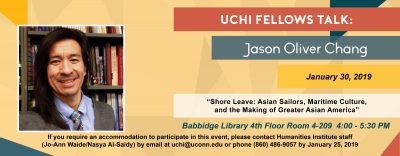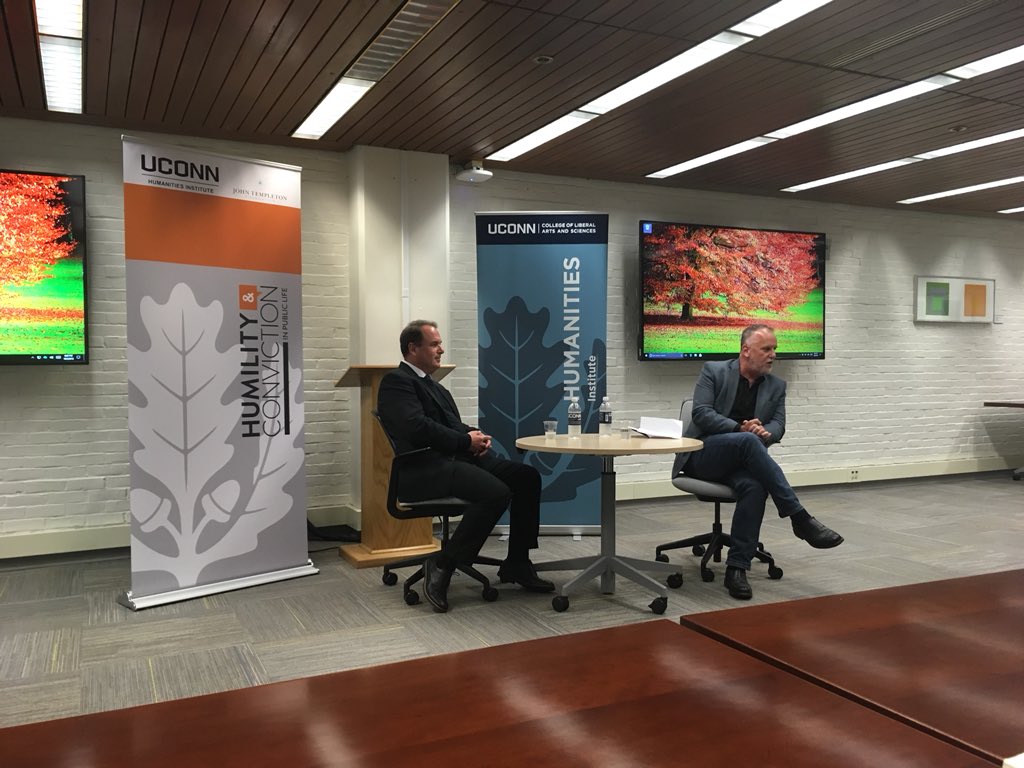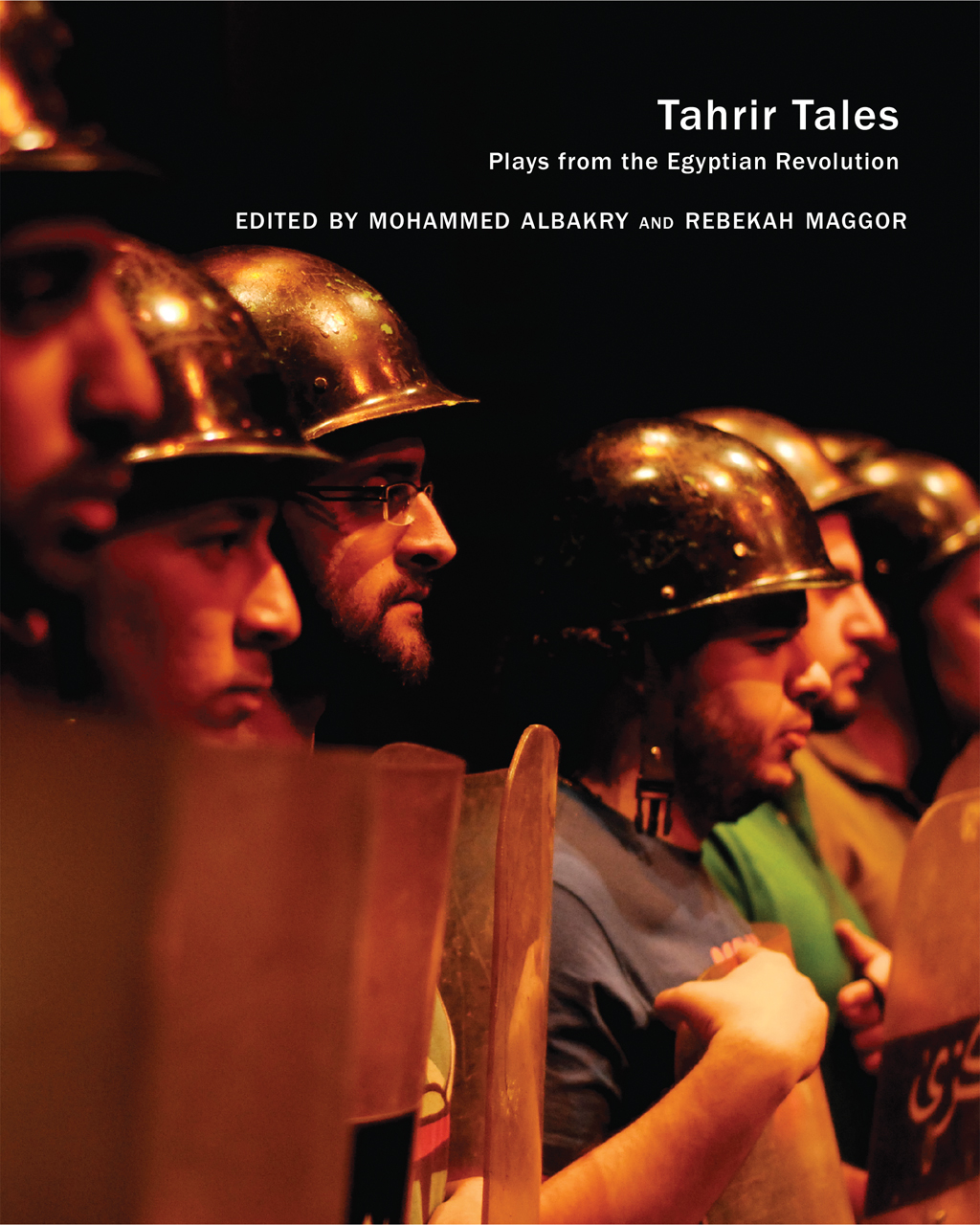UCHI is honored to announce the winners of the Sharon Harris Book Award for 2019:
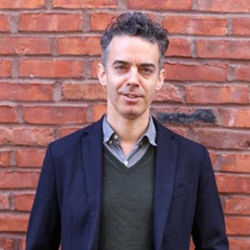
Daniel Hershenzon
The Captive Sea: Slavery, Communication, and Commerce in Early Modern Spain and the Mediterranean (Philadelphia: University of Pennsylvania Press, 2018)
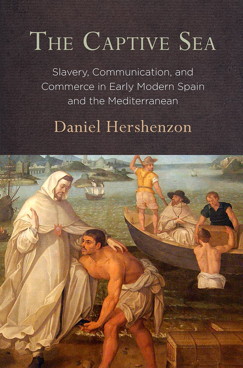 The Harris Book Award Committee notes, “Prof. Hershenzon’s book is an illuminating study of the redemption of captives in the early modern Mediterranean. The Captive Sea traces the seizure of Christians and Muslims by pirates, their enslavement in hostile lands, and their occasional return through complicated systems of ransom. Deeply researched in Spanish archives, the book examines the flourishing of a slave system that differs from the Atlantic slave trade, and it shows the ways in which the trade in captives encouraged intercultural communication between Southern Europe and North Africa.”
The Harris Book Award Committee notes, “Prof. Hershenzon’s book is an illuminating study of the redemption of captives in the early modern Mediterranean. The Captive Sea traces the seizure of Christians and Muslims by pirates, their enslavement in hostile lands, and their occasional return through complicated systems of ransom. Deeply researched in Spanish archives, the book examines the flourishing of a slave system that differs from the Atlantic slave trade, and it shows the ways in which the trade in captives encouraged intercultural communication between Southern Europe and North Africa.”
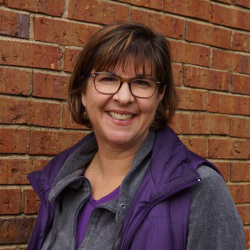
Helen M. Rozwadowski
Vast Expanses: A History of the Oceans (London: Reaktion Books, 2018)
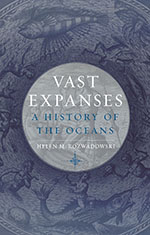 “Prof. Rozwadowski’s book is an engaging overview of the oceans from deep prehistory to the present. It focuses on the relationship between people and an environment that once seemed beyond human influence. The idea of the ocean as a limitless frontier flourished but eventually withered in the late twentieth century, as people began to confront the damage they had done through pollution and overfishing. In order for us now to produce positive environmental change, Rozwadowski concludes, “We must jettison our perception of the ocean as a timeless place, apart from humans.” This concise and readable book demonstrates the value of the humanities in addressing the planet’s looming environmental crisis.”
“Prof. Rozwadowski’s book is an engaging overview of the oceans from deep prehistory to the present. It focuses on the relationship between people and an environment that once seemed beyond human influence. The idea of the ocean as a limitless frontier flourished but eventually withered in the late twentieth century, as people began to confront the damage they had done through pollution and overfishing. In order for us now to produce positive environmental change, Rozwadowski concludes, “We must jettison our perception of the ocean as a timeless place, apart from humans.” This concise and readable book demonstrates the value of the humanities in addressing the planet’s looming environmental crisis.”
We thank the award committee for their service. The Sharon Harris Book Award recognizes scholarly depth and intellectual acuity and highlights the importance of humanities scholarship.
